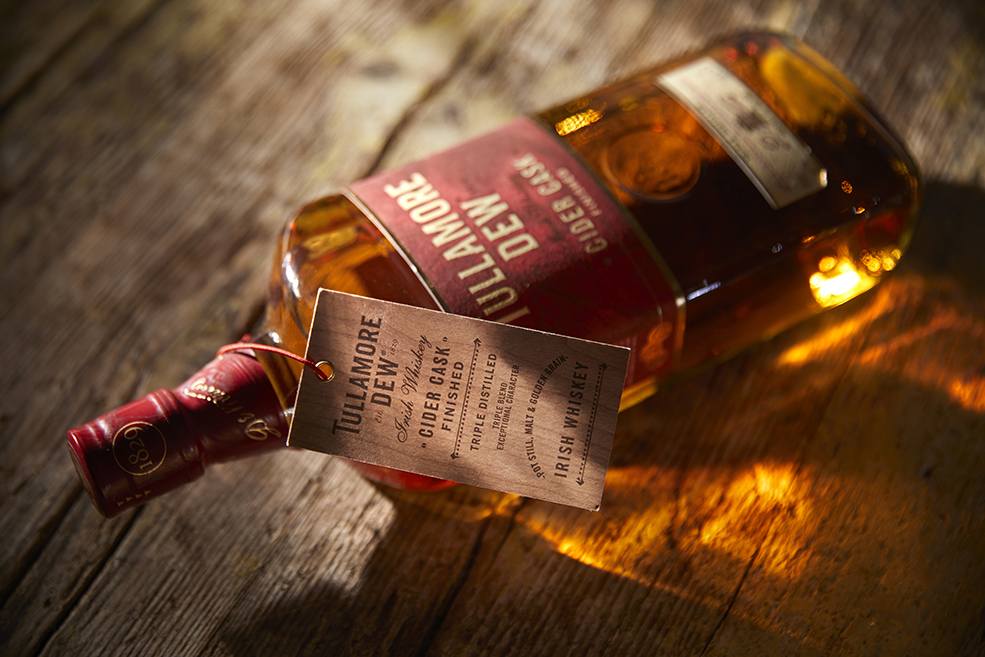There is little doubt that consumers are becoming more conscious of what they put into their bodies, and how their choices impact on the wider world. From the meteoric rise of veganism in recent years to growing demand for eco-friendly products and packaging, it’s clear that personal wellbeing is aligned with environmental responsibility in the minds of many consumers.

It’s therefore not surprising that the organic alcohol market is experiencing significant and sustained growth. Consumers are becoming aware firstly of the potentially harmful chemicals, pesticides and fertilizers left behind in crops used to produce their favourite wines and spirits, and secondly, the long-term effects that these substances may have on the environment, including soil, watercourses and insect populations.
Although organic spirits are on the rise, organic wine is currently the fastest growing market in the sub-sector. With grapes infamous for their high levels of pesticides, consumers are understandably looking for a healthier alternative, free from potentially harmful chemicals. Organic wines are also certified free from added sulphites and preservatives, and as a result, many proponents report a vastly reduced or even non-existent hangover the next morning.
Latest research from IWSR shows that in a largely flat wine market, the organic wine sub-category is set to post the strongest growth to 2022, when it is forecasted to reach 87.5m cases – with almost 80% of that being consumed in Europe.

So what’s this got to do with packaging?
When a product has a point of difference – such as being organic – it’s rarely enough to simply print this on the label. In order to get the consumer to read the label, you have to get them to pick up the pack, and many organic wine and spirits producers are turning to clever design to translate their product’s credentials into a visual format that gives added shelf appeal.

Bringing an organic product to market
Is already more costly than a non-organic venture, and many budget-conscious young brands make the mistake of thinking that the word ‘organic’ alone will be enough to command them a corner of this growing market. But people willing to pay extra for organic also expect a little more attention to detail in all aspects of the consumer journey – and this includes packaging. Investing in the right look and feel for an organic product can make all the difference at the point of sale and beyond, as new brands seek to build recognition.
When we think of an organic product, we conjure up images of the natural world – wood, leather, stone and greenery, for example. Incorporating these materials connects a pack’s design to its organic contents and is likely to resonate strongly with a customer who cares about health, the environment, and sustainability.
Signet’s product range includes a number of innovative products made from metal, wood, leather and other natural, biodegradable materials that lend a wonderfully tactile, earthy element to any pack design, without compromising on the deluxe look and feel.
We’d love to find out more about your product or brand and we’d be delighted to arrange a consultation to discuss your product embellishment needs – simply fill in the form and we’ll be in touch.
Alternatively, give us a call on 01733 396080